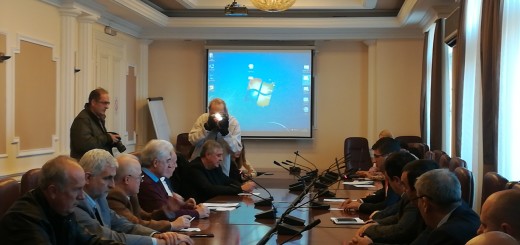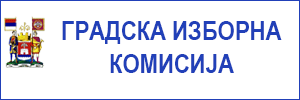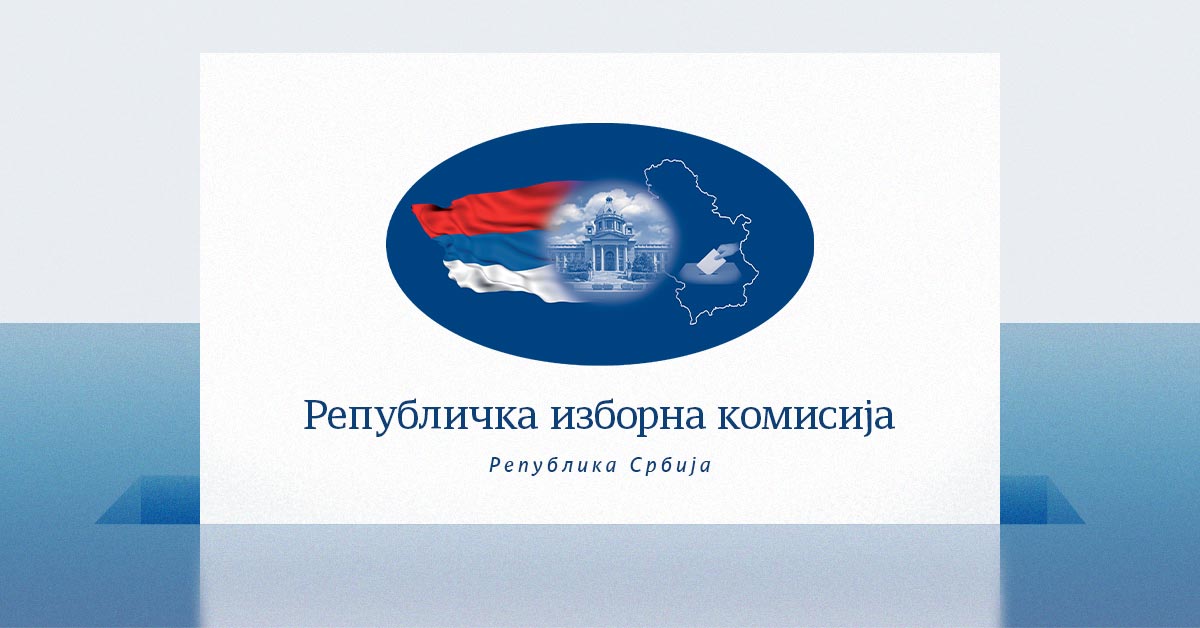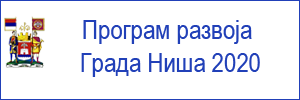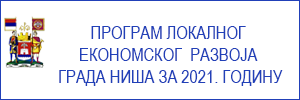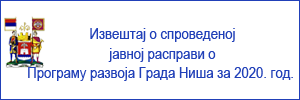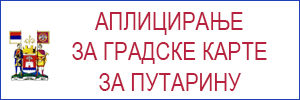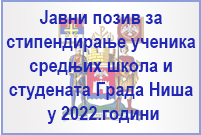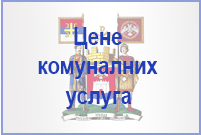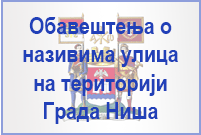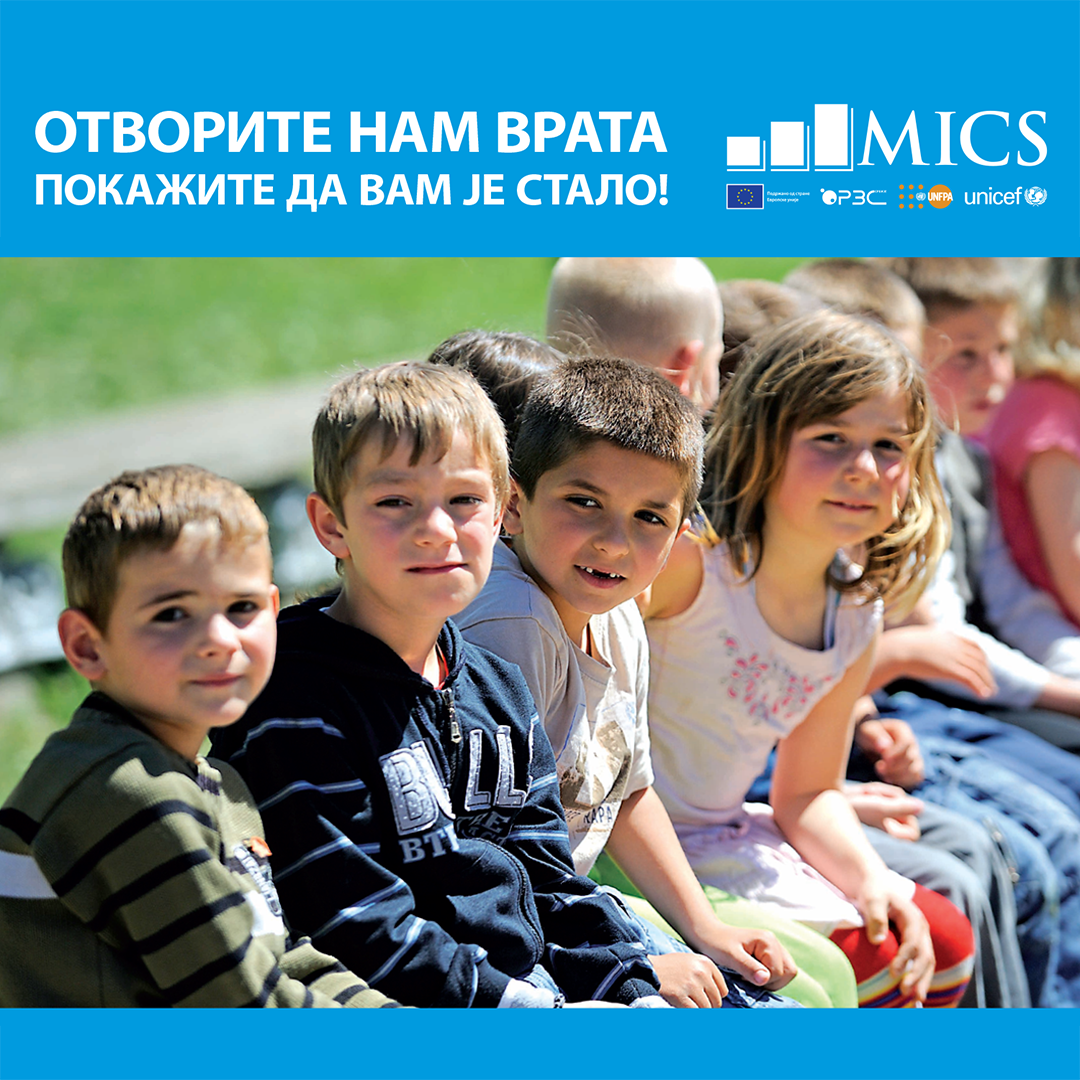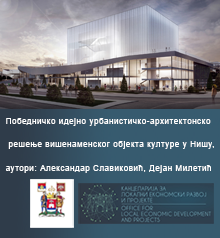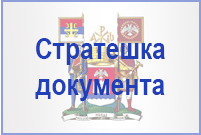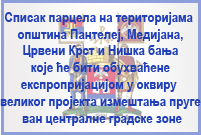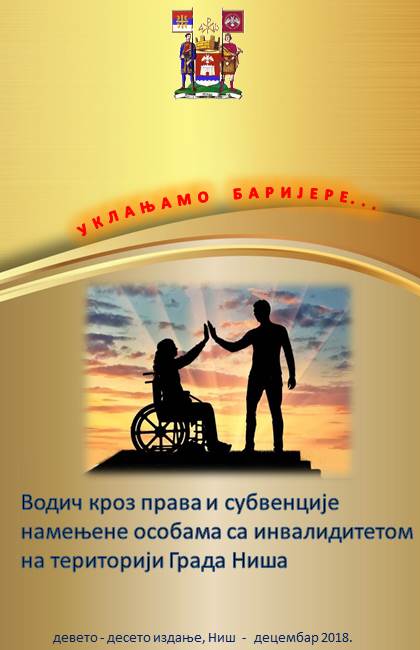Blockchain links Serbian diaspora and their families back home
Nis City Mayor Darko Bulatovic and Ms. Steliana Nedera, acting Resident Representative of the UNDP Office in Serbia signed a Memorandum of Understanding between the United Nations Development Program (UNDP) and the City of Nis on the implementation of the pilot project Blockchain-based diaspora remittances in the City of Nis. The National bank of Serbia fully endorsed the test (pilot project) to be conducted by UNDP, since the Bank itself has been planning to also test and potentially introduce blockchain technologies for diaspora remittances. Thus the City of Nis has become the first city in Serbia that is included in the blockchain system that UNDP is implementing in several countries which, according to Mayor Bulatović, is the proof that Nis is on the right path to achieving one of the most important goals, which is to become the City of Advanced Technology.
The goal of the project is primarily to connect the Serbian diaspora and their families in the homeland, and UNDP designed it to test how this type of advanced technology can be of use to citizens as well as to government and local governments. The pilot project focuses on the transfer of money through the use of blockchain technology, from individuals abroad to individuals in Serbia, i.e. in Nis, whereby these services will be cheaper, more transparent and tailored to the needs of citizens. The City of Nis was chosen because of its close and strong connections with the diaspora, as well as the openness of the city administration for the application of new technologies. UNDP partnered with the AID:Tech Ltd., a private company from Ireland, well known and recognized for its innovative technological solutions for the humanitarian and development sector, and the U.S. company Stripe, specialized in safe online payments.
UNDP’s pilot involves participation of up to 200 recipients and senders of remittances, who have been selected through a public call to voluntarily take part in this initiative. The recipients will get digital voucher ID cards, and they will be able to use the funds that they receive to pay for utilities and purchase groceries in three transparently chosen local retail stores in Nis. The expected value of all the participant transactions is estimated at $20,000.Tracking what people buy is part of the testing, so that in the future potential senders could automate money transfers to pay for utilities and merchandize directly. All the data gathered for the purpose of testing will be used with the consent of the participants and with the consent of the city of Nis local authorities, while taking into consideration the Law on Personal Data Protection. The pilot anticipates that it would be possible to track the type of items purchased, but not by whom they were purchased. Administrators will be able to view the aggregated data showing where the funds are being directed via blockchain digital assets, e.g. 50% of all the funds sent to Nis will be used to pay for utilities and 50% for the merchandize.
The use of open-source blockchain platform, provided pro-bono by AID: Tech Ltd, is expected to bring several benefits, for a number of beneficiaries: ensure traceability and transparency of the inflows of diaspora remittances into Serbia; channel diaspora remittances towards socially responsible purchases; enable easier and cheaper money transfer for the remittance senders, by avoiding the intermediaries. The goal is for the transaction costs to be less than 3% in average, compared to the existing, much higher costs paid via traditional banking sector and/or financial service companies; secure the privacy of individuals, since personally identifiable information is held off-chain in accordance with the GDPR, while individuals are identified on the blockchain through unique digital identifiers; enable creation of digital IDs that can be used for other money transfers (such as, for example, social welfare) and other purposes.
The City has, in parallel, initiated the process of establishing a blockchain regional center with the following interested parties: Faculty of Electronic Engineering, University of Nis, Faculty of Economics, University of Nis, NiCat cluster of advanced technologies Nis, Young Ambassadors Nis, Cofound.it Serbia, and Center for Innovative Youth Entrepreneurship Nis. Having in mind the potentials of blockchain technology, the above-mentioned organizations agreed on the following goals: advocacy for regulations that will contribute to the development of blockchain technology and eco-system of digital entrepreneurship at the regional and national level; capacity building for the development of blockchain technology (Training and Education, Research and Innovation) and initiation of a project with a high social, economic and environmental impact at the regional level, providing knowledge and conditions to existing IT companies and potential startup companies for project development using existing Blockchain platform.


